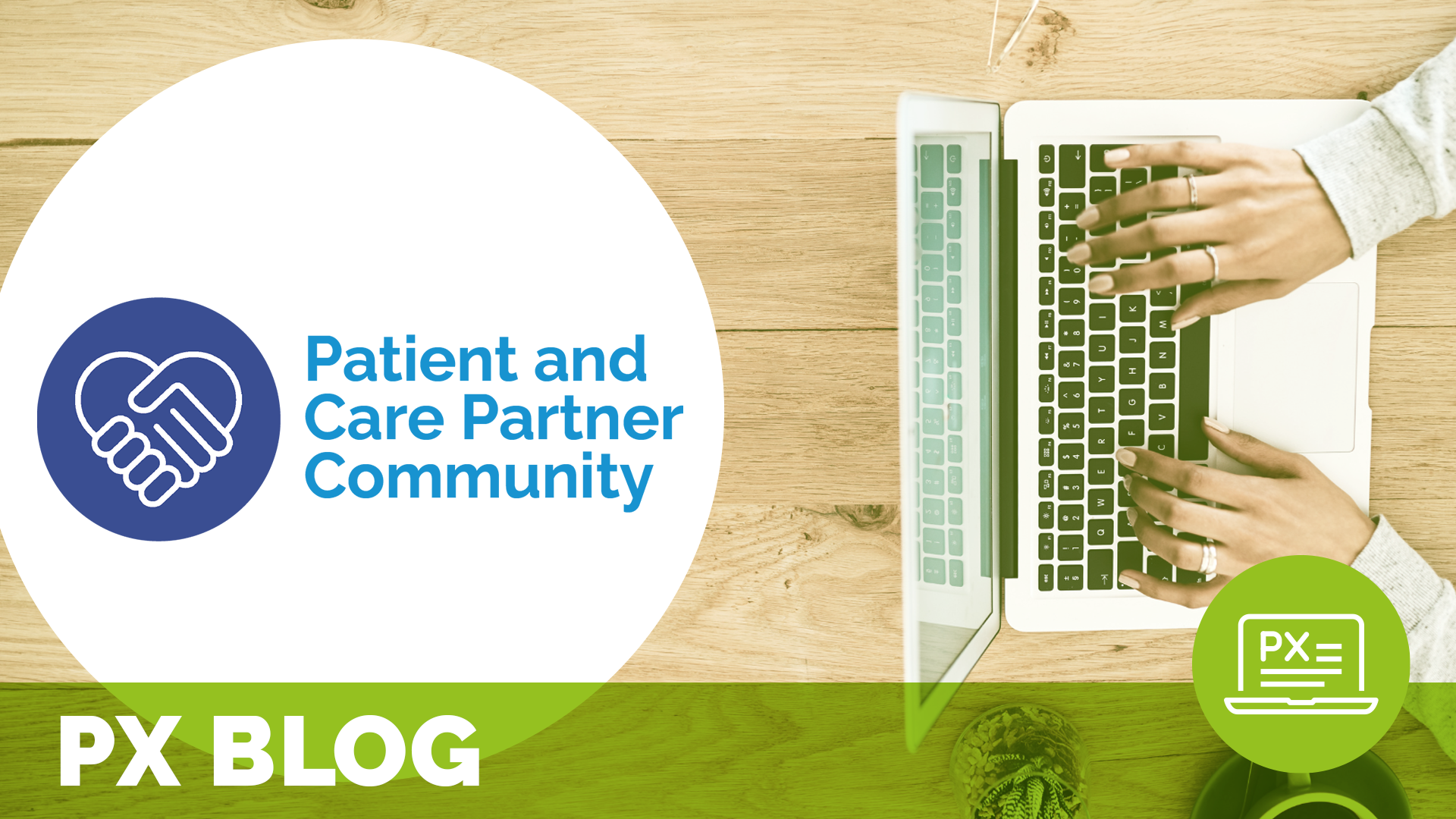Hope for Healthcare

Members of The Beryl Institute’s Global Patient and Family Advisory Board wish you happy holidays. As 2024 draws to a close, we asked our members to jot down their hopes for healthcare as we welcome the upcoming new year.
Tony Serge: My hope for healthcare is for leadership, providers, and staff to work together with patients, families, and care partners by embracing “co-design” as the standard for improvements in quality, safety, and the human experience.
Rosie Bartel: My hope for healthcare is better communication between providers and patients and caregivers. That both sides understand what shared decision-making means and how important it is to creating better communication. Another hope for healthcare I have is that patient advisors are part of the co-design of quality improvement, patient safety development, research, and measurement. That means the patient voice is at the table from day one in everything healthcare organizations do to improve patient outcomes.
Mark Agathangelou: Our healthcare system in the UK really needs to be properly funded and to have a consistent long-term plan with bipartisan support. I’m really hoping that 2025 brings us both and that this continues into the future. I’m also hoping that the NHS’ patient centered, personalized care approach continues and that the focus on patient involvement and co-production is embedded and strengthened.
Corey Kimpson: In 2025, I hope to see changes to a system where patients and caregivers are empowered to share their experiences and feel truly heard, shaping the policies and services that affect them. I envision a system with less disconnect between its various levels, where care coordination flows seamlessly from policy to practice. It’s essential that we prioritize accountability, ensuring that services are not only delivered but that outcomes align with the goals set by the system — because true progress means turning good intentions into measurable impact.
Jeff Cousins: My hope for healthcare is that hospitals will recognize the importance of patient and family advisory councils, and that leadership assures that these councils have direct communication with executives at the highest levels and are included in decisions big and small. The value of these councils needs to be recognized as all of us work to embrace co-design in the years ahead.
Related content
-
 Patient Family & Community Engagement | Quality & Clinical Excellence | Staff & Provider Engagement
Patient Family & Community Engagement | Quality & Clinical Excellence | Staff & Provider EngagementCompassion Rounds: Connecting with Patients and Families Beyond a Diagnosis
During a hospitalization, medical rounds address the patient’s physical needs but often fall short of addressing emotional and spiritual needs. Compassion rounds is an innovative program that focuses on a patient’s mind, body and spirit. It assists families in finding hope, strength, and peace. The goal is to empower patients and families to learn new
Learn more -
 Infrastructure & Governance | Patient Family & Community Engagement
Infrastructure & Governance | Patient Family & Community EngagementPFAC Restructure: Expanding Councils, Enhancing Quality, Securing Leader Buy-In
2pm ET / 1pm CT / 12pm MT / 11am PT – Join us for an in-depth session on innovative strategies for restructuring Patient and Family Advisory Councils (PFACs) to align with organizational goals and improve patient-centered care. Discover how to expand PFACs to better meet evolving needs, enhance the quality of patient engagement, and
Learn more -
 Infrastructure & Governance | Patient Family & Community Engagement
Infrastructure & Governance | Patient Family & Community EngagementStarting a Pediatric Parent Advisory Council: Overcoming Adversity
Creating a Pediatric Parent Advisory Council (PPAC) can be a transformative way to enhance family-centered care. Join us as we share our journey from the early stages of conceptualizing a PPAC, through navigating the challenges of the COVID-19 pandemic, to launching a council that has grown and thrived since August 2021. With 16 active parents
Learn more
